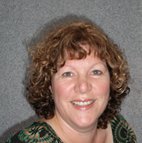Latest News
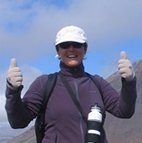
My name is Jude and I am a 53 year old wife, mother to 3 boys, and registered nurse who works in the field of oncology.
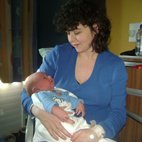
I'm Lisa White. I was born and bred in the UK, I came to New Zealand in 1994 as a traveller and fell in love with Queenstown. After 6 months I applied for residency and was lucky enough to make Queenstown my home. I met my husband in Queenstown, a kiwi from Christchurch originally and we married on a piece of land we had bought in Gibbston in 1999.
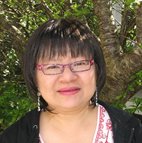
My name is Melissa Murphy and I am a 44 year old mum with 4 wonderful children, Shannon 11 yrs, Gabrielle 8 yrs, Kimberly 6 yrs, Josiah 4 yrs and a loving husband, Stuart.
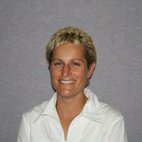
Hi, my name is Mandy Carter. I am 37 and live in sunny Nelson with my lovely husband, Brett and our two adorable children, Hamish (6) and Abby (5).
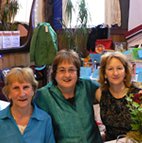
My name is Annette Wikeepa. I live in the Hutt Valley where my two grown up daughters live; the eldest of the two having given me a granddaughter and grandson. I have parents “to die for” amongst my close extended family, many of whom live locally, a man I am in love with and lots of affable acquaintances.
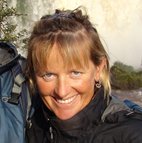
My doctor is a firm believer in mammograms at your 40th birthday, just to give you a benchmark she said – so I duly complied and all was fine. Six months later my breast changed shape, no lump and a marginal call; but something made me go back to my doctor. Five days later, instead of jumping on a flight to Greece for a catch-up with family I found myself in hospital having a mastectomy.

Hi, my name is Linda Crowden, I am 61, I have three sons, one daughter and four grandchildren.I live in the Bay of Islands with husband Roger, my youngest son Tor 19 and daughter Tara 17, plus numerous pets. Roger & I are bookbinders and we have a small museum.
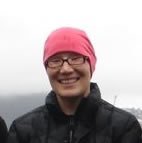
My name is Andrea Fairbairn and I have just turned 40. I live in Wellington and work in a Government Department. I was one of those healthy people – didn’t drink or smoke, vegetarian, exercised regularly and had no cancer in my family.
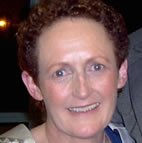
I'm Sue Walthert. I was a 52-year-old GP, happily married to Edi, mother to Emma, 25 and Jeremy, 24. Edi and I lived on 5 acres of land with 3 sheep (plus 5 lambs this spring) and one neurotic dog, 10 minutes’ walk from the main street of Dunedin. We were living the good life and Her 2 positive breast cancer was something that happened to other people, to my patients, but not to me!


